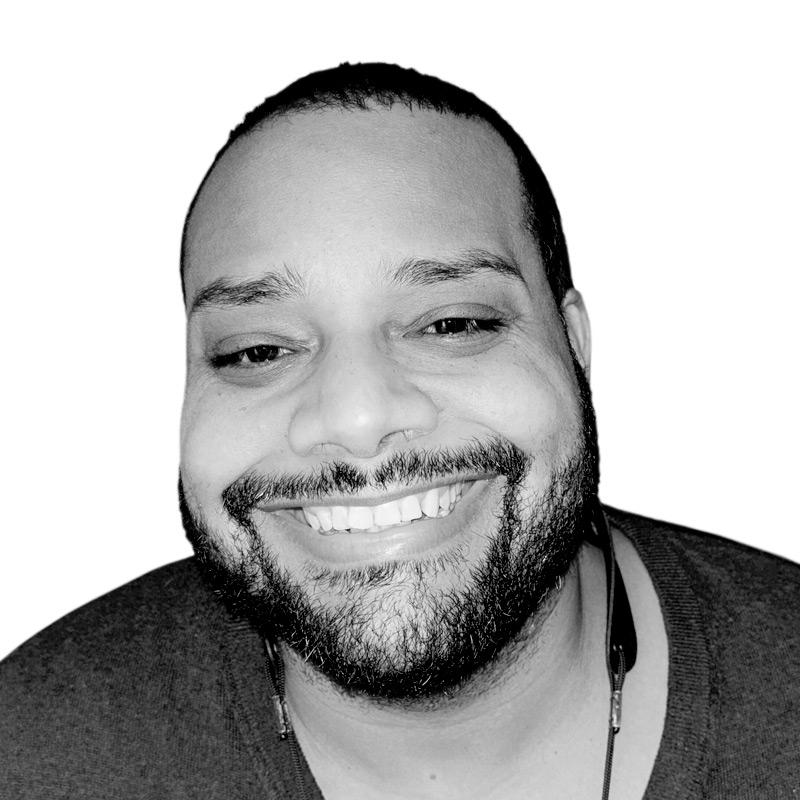On January 29, two masked men encountered actor Jussie Smollett on a cold Chicago street after midnight. The men allegedly identified themselves as Trump supporters, and they identified Smollett as “that faggot Empire nigger.” According to Smollett, the assailants bashed the actor’s face, crushed his ribs, splashed him with bleach, and pulled a noose around his neck. In the following days, Smollett addressed his many well-wishers, including his Empire colleagues as well as prominent civil rights activists and Democratic politicians. “These types of cowardly attacks are happening to my sisters, brothers and non-gender conforming siblings daily,” Smollett said. “I am not and should not be looked upon as an isolated incident.”
Smollett presented his case as a cause. Al Sharpton petitioned President Donald Trump to denounce the attackers, who allegedly targeted Smollett in the president’s name, using his divisive slogan. Senators Kamala Harris and Cory Booker—two black Democratic presidential candidates—both described the Smollett attack as “a modern-day lynching.” House Speaker Nancy Pelosi described the attack as “an affront to our humanity,” and freshman Democratic Representative Alexandria Ocasio-Cortez underscored the right-wing motivations in the alleged assault on Smollett, a gay, black actor who routinely criticizes Trump. “It was a racist and homophobic attack,” Ocasio-Cortez tweeted. “It is no one’s job to water down or sugar-coat the rise of hate crimes.” The statistics are real; the “modern-day” lynchings are a classic terror.
But Pelosi deleted her supportive tweet Monday as it emerged that the Smollett investigation may end up revealing a hoax; Smollett may have staged the assault as a self-aggrandizing political statement. Chicago police questioned two men they considered suspects—two Nigerian brothers who have both worked with Smollett on Empire—and the investigators now seem to believe that Smollett staged the attack. For three weeks, he has struggled to reconcile his initial account of the attack, his redacted phone records, and his subsequent public statements about key details, such as the skin color of the two alleged assailants. Chicago police say their conversations with the Nigerians have “shifted the trajectory of the investigation,” and suggested that Smollett may soon become a suspect. On Monday, the performer declined to meet with Chicago detectives again to discuss the latest developments in the case.
Conservative pundits have disputed Smollett’s account from the beginning, and they cited the broad support for Smollett—at least initially—as a lesson in liberal media bias, its ubiquity, and its perils. If last month’s Covington Catholic High School controversy was a great vindication for conservatives, then the Smollett fiasco has been a secondary humiliation for liberals, a juicy postscript for right-wing pundits seeking momentum in their perpetual grievance against the press. Writing for the National Review, Kyle Smith chronicled his disbelief in the form of 27 questions for Smollett’s stalwart supporters: “Did it not occur to you that the whole alleged attack looked a bit like the criminal equivalent of a press release, meant to send a message rather than accomplish anything?” Smith wondered. It is not as if liberal critics haven’t also asked these questions. However sympathetic they may have initially been, liberal observers have indeed cultivated grave doubts about Smollett. Pelosi deleted her tweet: “Given the turn in the investigation, we decided to no longer amplify the original accusation,” Drew Hammill, Pelosi’s deputy chief of staff, told Vanity Fair. Sharpton has backed down and said that Smollett and the current suspects “ought to face accountability to the maximum” if they staged the attack.
Indeed, Smollett’s allies have gradually, grudgingly turned on the actor, expecting Chicago authorities to charge Smollett with filing a false report. If it’s revealed that he did so, Smollett will have disgraced himself, his friends, and his political allies; he will have mocked countless lynching victims, and so he will have betrayed his own people, his own principles, his own cause.
The loud doubts about Smollett now dominate news coverage of the investigation. If the Covington outrage was, among conservatives, an argument for withholding hot-headed judgments in the absence of full context or conclusive evidence, then conservatives have made a sudden, self-serving reversal in the Smollett case: They rushed to dispute Smollett’s account before the actual investigators could get a word in edgewise. Chicago police have so far disputed right-wing characterizations of Smollett, the attack, and the ongoing investigation. They’re now squeezed between two factions who need Smollett to represent a great cause for alarm: for liberals, a penchant among Trump supporters for committing hate crimes; for conservatives, a penchant among journalists for believing the worst about Trump supporters. So liberal support for Smollett seems to predate the evidence, but so, too, does the conservative skepticism about Smollett—and about hate crimes in general, which seems to predate any of the relevant revelations. It’s possible that Smollett has exploited, or attempted to exploit, this very dynamic, which ostensibly would have lent him political credibility in excess of his television fame. Smollett’s credibility may indeed persist, among a decimated faction, in light of these apparent revelations. Smollett’s stalwart supporters have already begun to wonder whether the Chicago Police Department—disgraceful in its own infamous ways—is covering for the real attackers. The truth is inscrutable.
The polarization, in this case, may well prove to be Smollett’s own, grotesque design. In the days after the alleged attack, he turned to Good Morning America to publicize it and to dispel the emerging doubts about his story. “If I had said it was a Muslim or a Mexican or someone black, I feel like the doubters would have supported me a lot more,” Smollett told Robin Roberts. In the aftermath of this affair, Smollett sought a political catharsis. Unfortunately, he may have found one.
